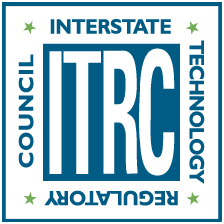Climate
Executive Order
This Executive Order establishes a Commission that identifies short-term and long-term recommendations to alleviate and mitigate flood impacts, with special emphasis on cities, communities and enterprises located on or near the coast and rivers.
https://governor.sc.gov/sites/governor/files/Documents/Executive-Orders/EO-2018-50.pdf
Report
Report on how climate change may impact South Carolina and potential mitigation strategies.
http://www.dnr.sc.gov/climate.html
http://www.dnr.sc.gov/pubs/CCINatResReport.pdf
Wildfire
Website
This web document is the South Carolina “SOUTH CAROLINA RIGHT TO PRACTICE FORESTRY ACT”. All forest fire protection work shall be under the direction and supervision of the State Commission of Forestry, through the State Forester, subject to the provisions of the laws of the State enacted relative to forestry and forest fire prevention and suppression.


